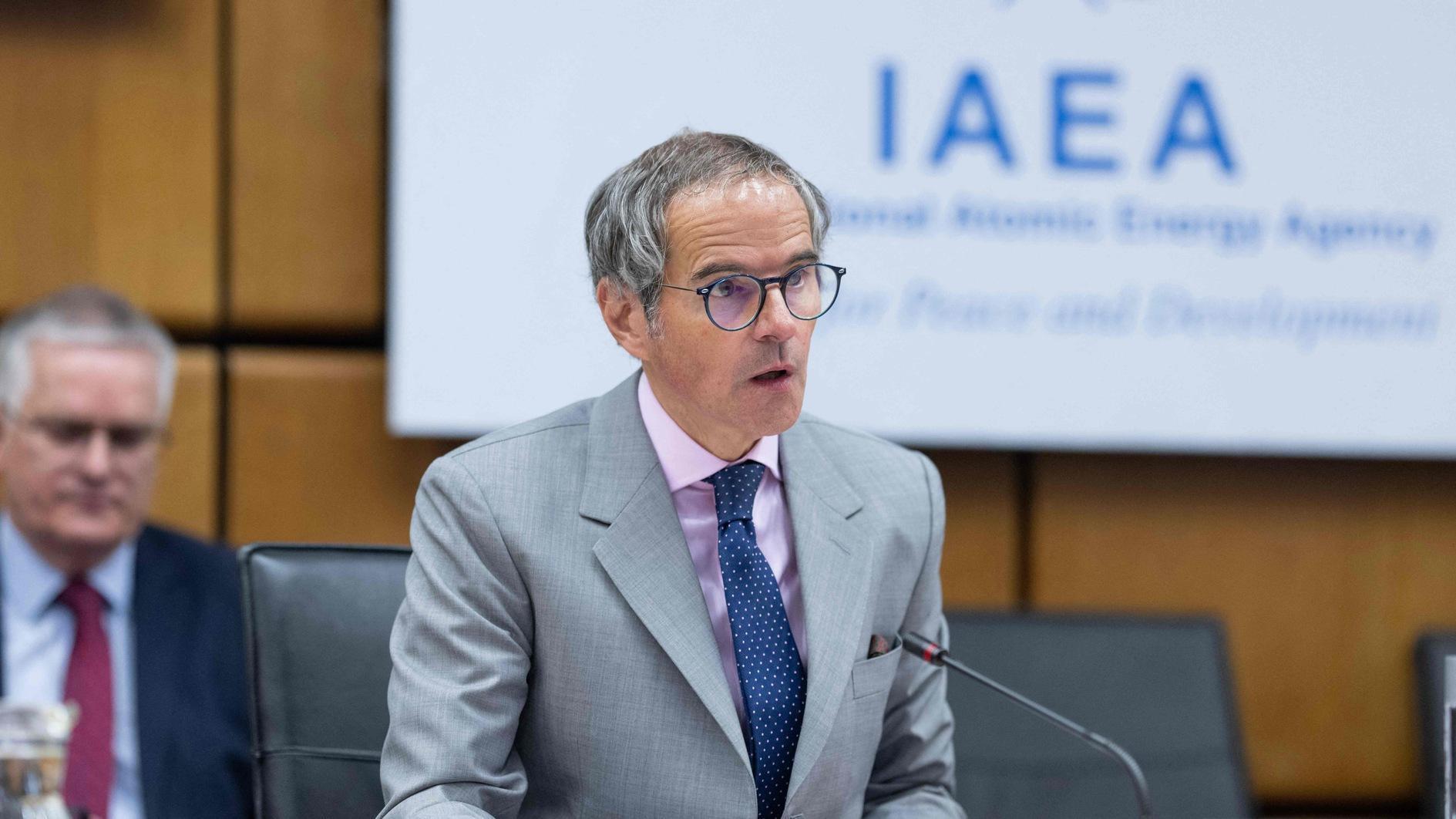From Egypt to Turkey: Is ‘the problem’ Islam?
In the past few weeks, in both Egypt and Turkey, arguably the two most significant countries of the Muslim Middle East, mass demonstrations against elected governments have taken place. For sure, the situation in Egypt is much more tense and volatile. The army has just issued an ultimatum against Mohamed Morsi, the country’s elected president, while millions demonstrated against him on the street. In Turkey, luckily, there is no military in the picture, and the government of Tayyip Erdoğan, is much more stable, popular and successful. The democratic experiences of the two countries are also incomparable: Turkey had its first free and fair elections in 1950; Egypt had the same little more than a year ago.
However, there is still some parallelism between the two cases, as it is underlined by some observers: In both countries, “elected Islamists” are in power, and the protestors who cry against them are, by and large, more secular. (In fact, the incumbent AKP [Justice and Development Party] of Turkey has consistently rejected the term “Islamist,” and rather defined itself as “conservative democrat,” but others have seen the latter term merely as a euphemism.) Hence, there are comments these days, that “the problem” faced by the immature democracies in both countries is simply “Islamism,” or, even the impact of Islam, as a religion, on politics.
Fellow Hürriyet Daily News writer Semih İdiz seemed to suggest the same explanation recently, with a Turkish piece of his in daily Taraf titled: “Can a religionist be a democrat?” (“Dinciden demokrat çıkar mı?”) While “religion” here could be taken as all religions, I am sure many in the West would take it exclusively as Islam. They would conclude, in other words, that the democratic experience in both Turkey and Egypt are challenged primarily by the Muslim faith.
A more careful observance of these societies would reveal a much more complex picture, though. First of all, while the authoritarian tendencies of the Islamists are undeniably clear, the secularists who oppose them are hardly any different. In Egypt, the major concern with Morsi is that he will become “the new Mubarak,” who used to be one of the most secular rulers in the Middle East. In Turkey, everything that Tayyip Erdoğan is criticized for - nepotism, imposing a “way of life,” or silencing opponents - was accomplished with steroids by his secularist predecessors.
Moreover, every common criticism about “elected authoritarianism” and “authoritarian moralism” can be directed to many non-Muslim politicians as well. Just check the not-so-liberal-at-all “democracy” of Mr. Vladimir Putin, and his new law that bans “homosexual propaganda.”
In other words, “the problem,” as seen from a liberal perspective, is not Islam, or any other religion, but the illiberal political culture which is deeply rooted in many non-Western societies for complex historical reasons. It manifests itself in confrontational politics, cults of personalities, or obsession with conspiracy theories.
Finally, just recall that the West arrived at liberal democracy only after trying horrific modern alternatives, such as fascism, Nazism and more. That should be a sobering historical lesson for all those who believe that liberty can flourish only in the West.











